The Music Industry Lives Here: Antonina Armato on Writing the Hits Behind Miley, Selena, and More
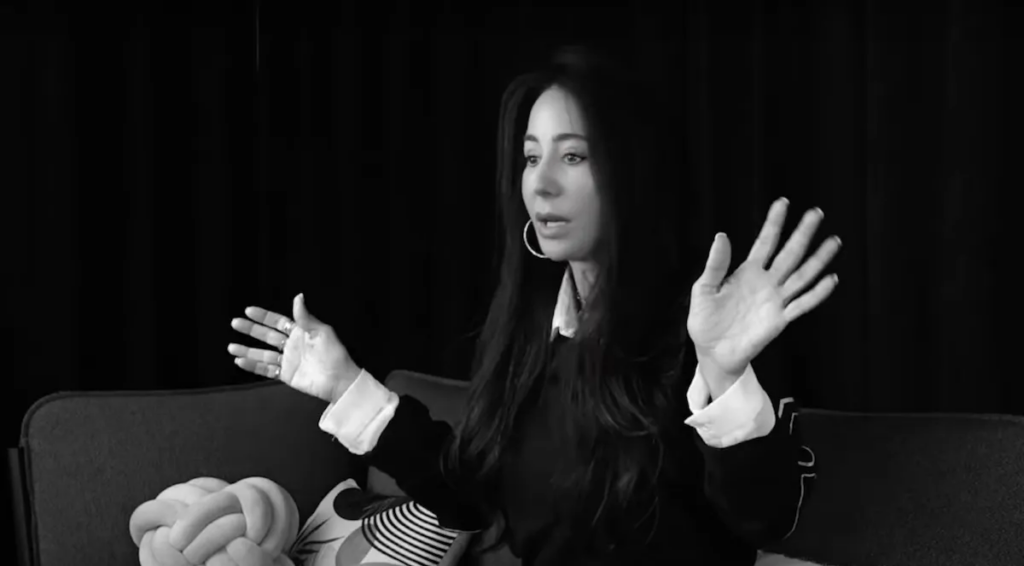
Antonina Armato is the hitmaker behind some of pop’s most iconic records – from a song later covered by Mariah Carey to shaping the early careers of Miley Cyrus and Selena Gomez.
The following recaps an interview with Antonina Armato as part of Downtown Music’s series, The Music Industry Lives Here. Downtown Music is a company DMN is proud to be partnering with.
From an early age, Antonina Armato was obsessed with the feeling of music. “Music, music, music. That’s all I did. It was mostly what my parents were listening to. Tapestry by Carole King, Commodores, Earth, Wind & Fire, Al Green, and Stevie Wonder.”
And because Armato had ‘so much energy as a kid,’ her parents put her into dance. “But it was all about the music. That’s why I danced. I had this inner connection with music, sound, and melody. Music would impact me on such a deep emotional level. I was surprised that other people were unaware of it.”
“There was a string linking me to the energy of the universe and music. I kept pursuing dancing, and I didn’t know anyone in the music business, but I had a Walkman — these little recording devices that you can listen to music on and also record.”
“I’d be walking around, or I’d wake up, or I’d feel things so deeply. I’d have these “songs” in my head and I’d start singing into my recorder.”
“But I didn’t know anything about the business of songwriting.”
When she was sixteen, Armato went to the south of France, dancing in an international ballet school.
But her life and career changed trajectory when she went to USC and met ‘this guy’ who was doing Broadway, Frank Wilde Horton. “I was going into one of his Broadway productions, and he’s done a bunch of stuff on Broadway since then. But back then, I told him I had all these songs in my head, and he told me to do a demo.”
“I didn’t know what a demo was.” So Horton showed her the ropes, and things started ‘happening really fast.’ “I experienced rapid early success, which made it clear that I could say goodbye to USC and hello to my new studio apartment in Hollywood.”
“Almost immediately, I was getting cuts right and left. The biggest was when Mariah Carey was going to do my song. To this day, I’m the only outside song she’s ever cut. I was thinking, ‘this is insane.’”
“It was euphoric, and also made me realize that a lot of times in life, you don’t choose what you’re going to do. I didn’t choose to be a songwriter. It literally chose me.”
“Songwriting is the one thing I’m super confident about. I mean, yeah, I write shitty songs sometimes, but for the most part, I feel like it’s always there for me to access.”
“Sorry to sound cliché, but songwriting was a God-given talent. It wasn’t a skill that I learned. I know some songwriters who have learned the skill of songwriting and the inner rhyming. I don’t work that way.”
“When I was having this hit with Mariah, they put me together with Tim James. He was 20 years old when I met him.”
“James was signed with Donnie Einer in Colombia, and they thought he was going to be the biggest star in the world, so they put him with the ‘hit songwriter girl.’”
Armato and James became best friends and partners. “We both acknowledged that we’re better together. But I also had that hard rule that I didn’t want to get romantically involved.”
“But he fell in love with me, which, obviously, we all know why. I’m just kidding.”
Speaking about how Rock Mafia was born, Armato says, “James and I actually started Rock Mafia before we were romantically involved. I resisted as long as I could until I couldn’t. But we tried to keep our relationship a secret for a long time.”
Armato reveals she was the eighth person Downtown signed. “I take great pride in that. And I was the ‘big signing’ because I already had hits. I mostly signed because of Justin Kalifowitz. He can be somewhat mercurial in the way that he is, because you don’t really know what he’s thinking.”
Speaking about Kalifowitz, Armato says, “After a couple of meetings, you know this guy’s a visionary. He gets it. He cares. Now he’s a distant figure because he’s overseeing so much, but in the early days, Kalifowitz and Downtown were there for me.”
“Justin’s always been my main reason to stay with Downtown, and they’ve always been very generous with me. They knew that nobody would work harder.”
“The experience has always been very symbiotic and positive.”
On her success with artists like Miley Cyrus and Selena Gomez, Armato says, “My success is almost maternal in a weird way. I know that’s not sexy, but if you’re a great mom or a great father, you want your kids to achieve their highest potential, unconditionally love them, and then set them free.”
“As a human being, I always feel like, ‘I want to do all your songs.’ I think the same way about Selena. I had a bunch of massive moments with both of those girls.”
“One of the ones I treasure with Selena, besides talking her into doing stuff she didn’t want to do at the time, which pole-vaulted her into success right away, was when, after a couple of years and hits, I said, You know, everyone’s talking about Justin Bieber and your relationship.”
“I’ve been able to witness it firsthand for the last couple of years. I feel very invested in this, and I think you need to do a song about that. Otherwise, you’re going to be an artist that does really great songs but doesn’t really have an identity you can fully connect with.”
“That’s how ‘The Heart Wants What It Wants’ was born. Selena loved the song, but she was very reluctant because it was too personal.”
“It took a lot of courage to show the world exactly how she felt. Her label at the time didn’t think it was a hit. They thought it was an album track.”
“But I know when there’s a diamond. You know it’s going to be this huge hit, and this is what the world wants to hear.”
“Initially, we decided together how we wanted to make the video. I was there with Selena while she shot it. It was very hands-on the whole time, which I love, from the inception to the completion.”
“I talked Selena into demanding that it be a single. When Selena demands something — she doesn’t do it very often — there’s nothing else left to say. It’s a mic drop moment. So she said, ‘This is my next single, period.’”
Selena was supposed to perform it at the American Music Awards, and she wanted to sing it live. “It’s a hard song to sing, and it’s so personal. She had tears coming down her face.”
“We drove to Vegas right after. It felt good to have this triumphant moment in real-time. It’s the greatest feeling. I just want to keep working with the greatest artists in the world.”
About The Music Industry Lives Here: Downtown Music’s interview series allows powerful conversations with the voices shaping the music industry. To gain weekly access to exclusive interviews with music executives, artists, record label owners, and influential figures who drive the rhythm of the industry, join here.
Link to the source article – https://www.digitalmusicnews.com/2025/08/24/antonina-armato-downtown-music/
-
Gold Tone GME-4 Mandolin$499,99 Buy product
-
German Style 8 Hole Soprano Descant Recorder Instrument for Chrildren Kids Beginner Graduation or Back to School Gift with Cleaning Rod and Instruction (Purple)$9,99 Buy product
-
Tromba Pro Professional Plastic Bb Cornet, Black$0,00 Buy product
-
Caramel CB402 Baritone Electric Ukulele All Solid Mahogany Wood 30” Professional Wood Ukelele Instrument Kit Small Hawaiian Guitar Beginner ukalalee Starter Pack Bundle Gig bag, Strap, String Set$139,99 Buy product
-
ERINGOGO 6 Pocket Guitar Finger Practice Tool Guitar Chord Practice Tool Portable Guitar Fretboard Digital Guitar Pocket Tool Practice Guitar Tool Travel Simple Auxiliary Artifact Copper$32,69 Buy product
-
Yamaha Soprano Saxophone, YDS-120$499,00 Buy product






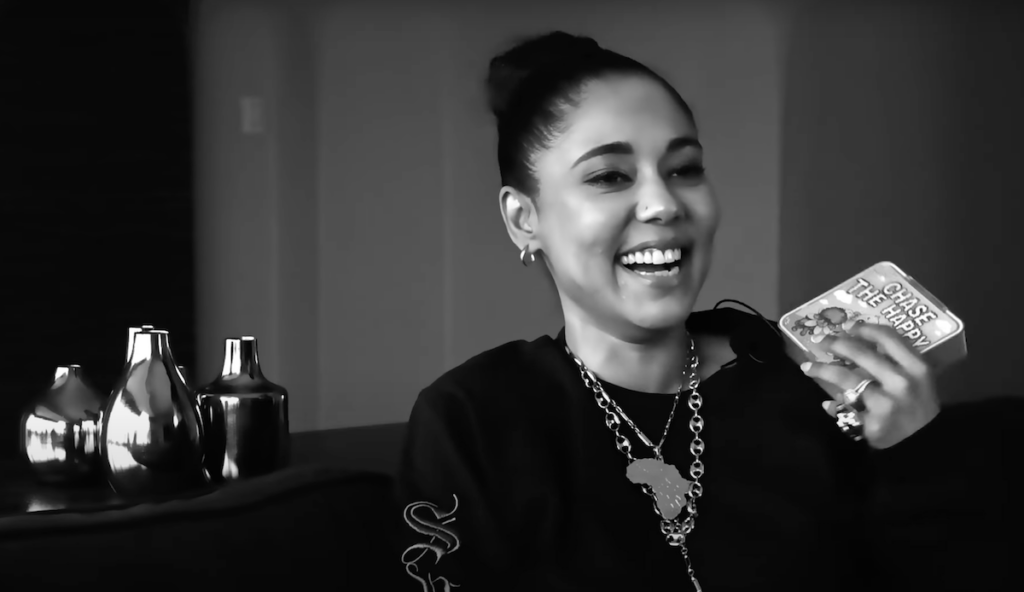
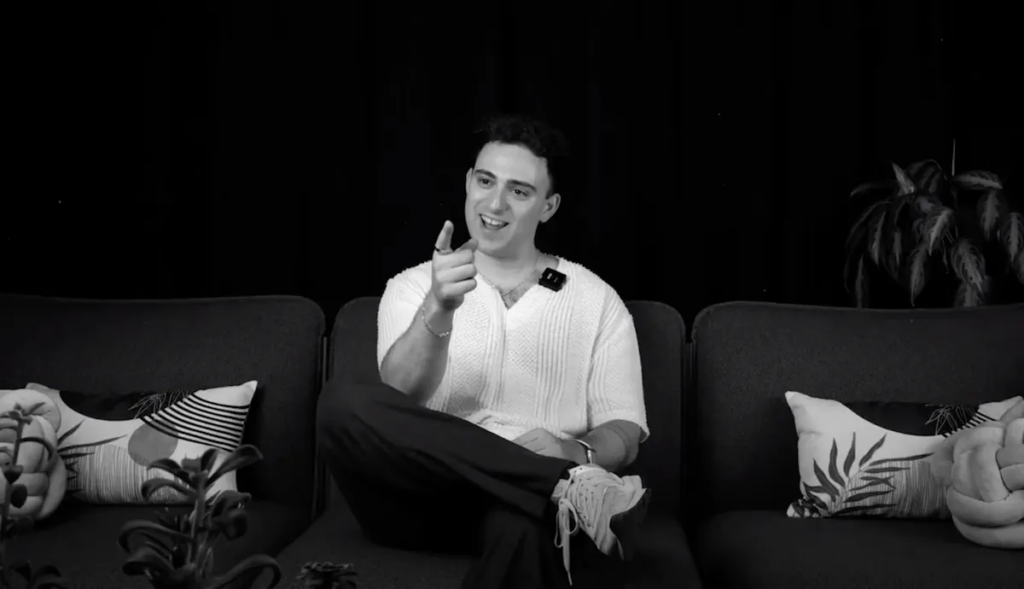
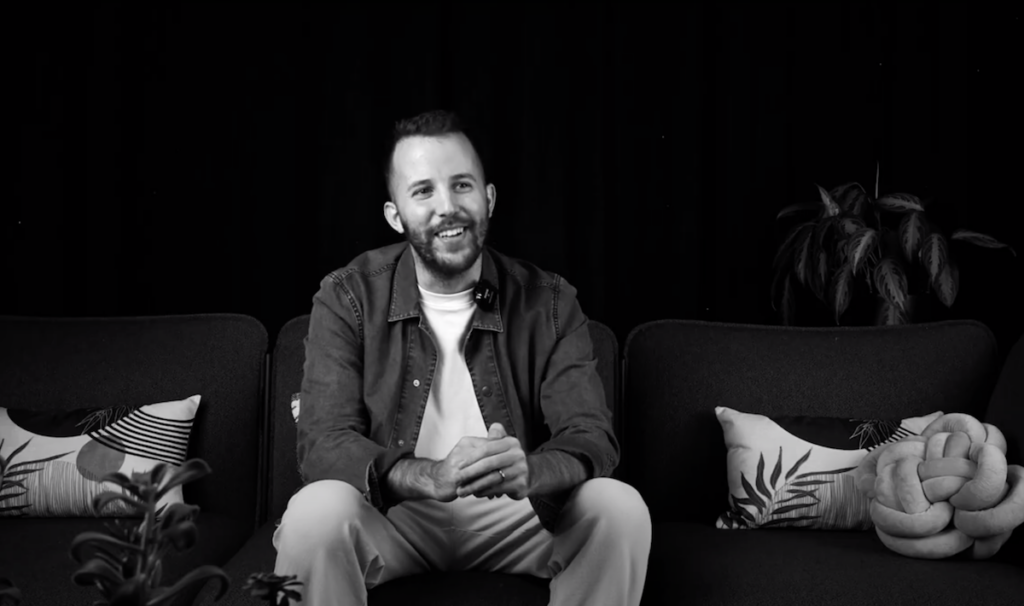
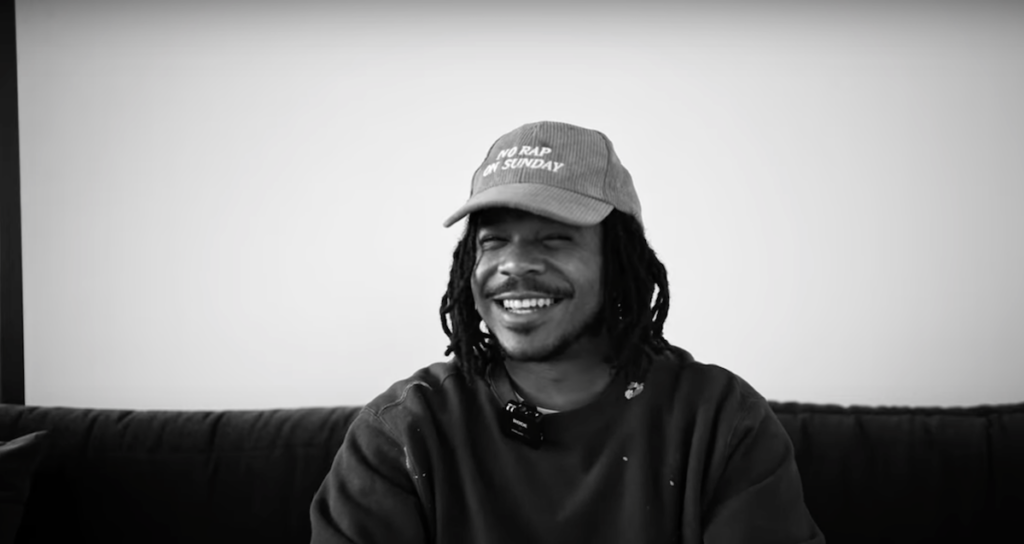
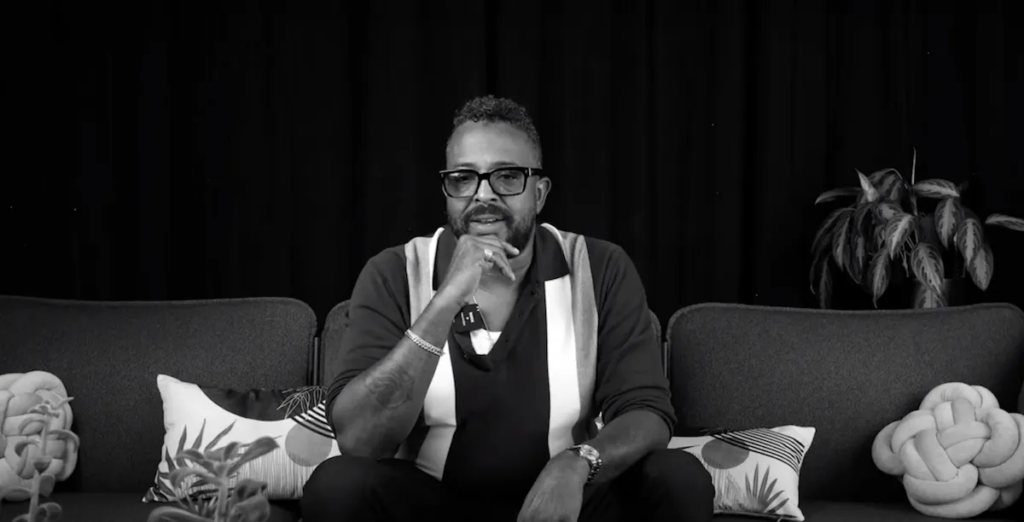
Responses